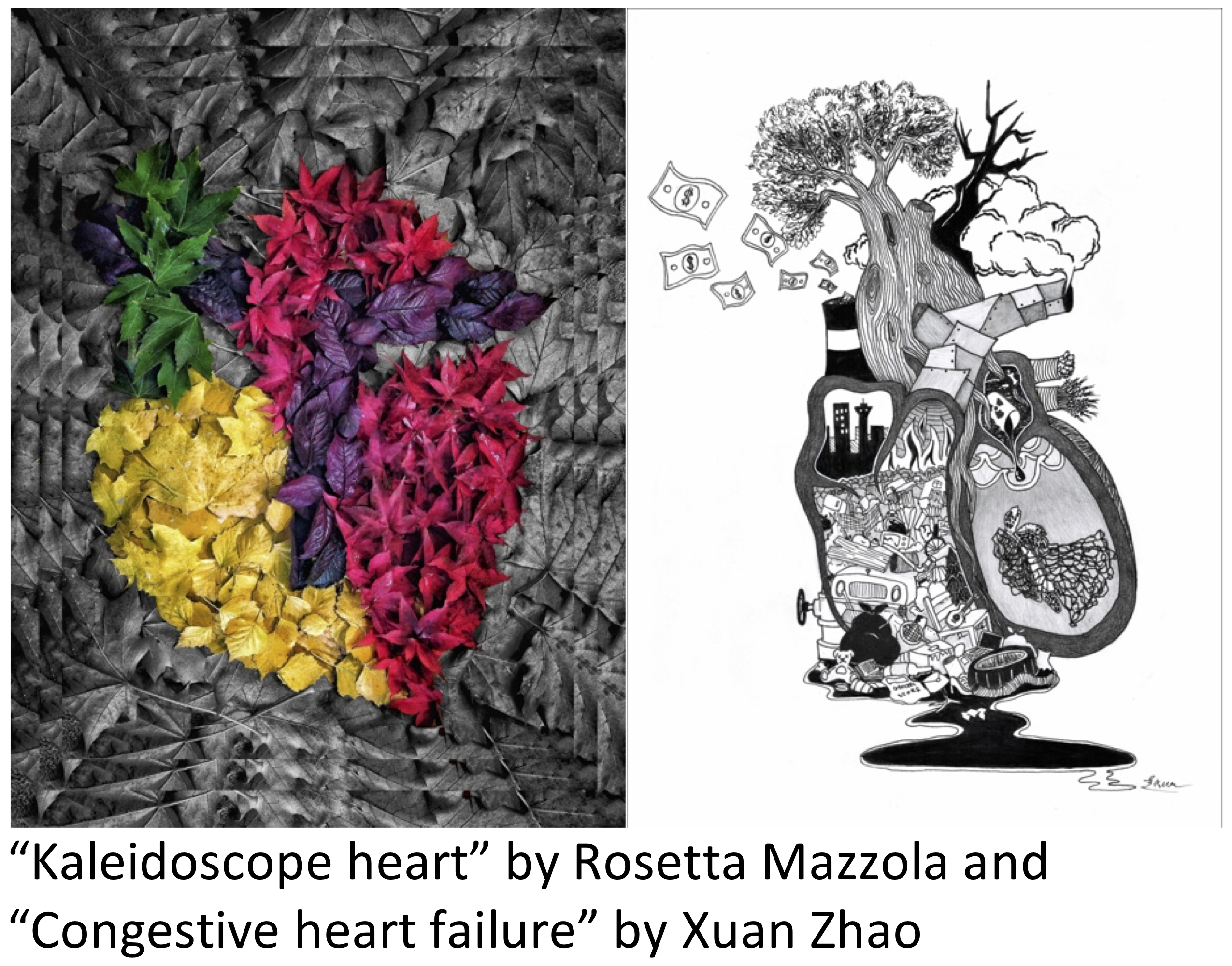Seeing beyond variables: applying a person-centered approach to identifying regulation strategy profiles among Finnish preclinical medical and dental students
DOI :
https://doi.org/10.36834/cmej.43364Mots-clés :
Medical education, regulation of learning, longitudinal studyRésumé
Background: High-quality learning during medical school and beyond requires appropriate study strategies and taking responsibility for one’s studies, thus self-regulation of one’s learning. In contrast to traditional studies focusing on a variable-centered approach, a person-centered approach to regulation strategies was utilized.
Methods: The participants were 162 Finnish medical and dental students who answered the regulation scale of the Inventory of Learning Styles at three measurement points. First, the functionality of the scale was analyzed in Finnish medical education context. Latent profile analyses were used to examine regulation strategy profiles. Last, the connections of these profiles with the study success were investigated.
Results: The analyses yielded a three-factor solution, which was reliable across time. Four profiles of regulation strategies were identified and they were found to be connected to study success: Students with the lowest self-regulation and increasing lack of regulation performed worse than the other groups.
Conclusion: The use of a person-centered approach along with variable-centered approach increases understanding of the complex nature of learning in higher education. Person-centered approach could be used as a tool for supporting student learning and to help early diagnosing of learning difficulties, since it enables individualization of students with different regulation strategy profiles.
Téléchargements
Publié
Numéro
Rubrique
Licence
La soumission d’un manuscrit original à la revue constitue une indication qu’il s’agit d’un travail original, qu’il n’a jamais été publié et qu’il n’est pas envisagé pour publication dans une autre revue. S’il est accepté, il sera publié en ligne et ne pourra l’être ailleurs sous la même forme, à des fins commerciales, dans quelque langue que ce soit, sans l’accord de l’éditeur.
La publication d’une recherche scientifique a pour but la diffusion de connaissances et, sous un régime sans but lucratif, ne profite financièrement ni à l’éditeur ni à l’auteur.
Les auteurs qui publient dans la Revue canadienne d’éducation médicale acceptent de publier leurs articles sous la licence Creative Commons Paternité - Pas d’utilisation commerciale, Pas de modification 4.0 Canada. Cette licence permet à quiconque de télécharger et de partager l’article à des fins non commerciales, à condition d’en attribuer le crédit aux auteurs. Pour plus de détails sur les droits que les auteurs accordent aux utilisateurs de leur travail, veuillez consulter le résumé de la licence et la licence complète.











